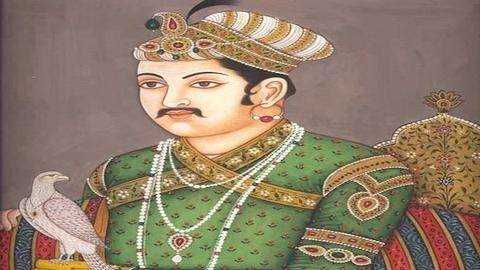History taught in school is accurate for children, but if you need to be an excellent student of history and know basic Indian background, you must go outside these books because historians only talk about incidents that have findings underneath them; they would not publish a reality which does not have realities, so you should as well research the literary works of that period since a novelist says the true meaning if there is a simple truth underneath it or not.
When Muslims came to India?

The invasion of Sindh by the Arabs in the 7th century, and the invasion of North India by the Ghurids in the
12th century, brought Islam towards the Indian subcontinent's interior.
Islam has since formed the core of India's cultural and religious history.
The Mughal Empire and the Delhi Sultanate both played significant socio-economic roles. The preparation and implementation of the Fatawa Alamgiri signified the apex of Islamic power in India under the sharia and proto-industrialized era of the Mughal Emperor, the world's greatest empire. Mysore King Tipu Sultan's return of more Islamic laws, as well as the Arakkal kingdom located in Kannur, added to South Indian heritage. The Nizam-ruled Hyderabad State was India's last self-governing sovereign kingdom until it was annexed by the Dominion of India. Over the years, Hinduism and Islam traditions in
India have become increasingly entwined, and Muslims have performed a vital role in the community.
Akbar the Great
Akbar, the Mughal dynasty's third ruler, is regarded as one of history's greatest monarchs. His rule, called Akbar the Great, stretched from 1556 to 1605. Despite his reputation as a terrible conqueror, Akbar was a clever king who was liked by the people he captured. By marrying the daughters of the Hindu rulers he conquered, Akbar gained their allegiance. Throughout the kingdom, he preached freedom of worship and harmony. Emperor Akbar attempted to develop a new moral teaching system by blending parts of Islamic, Hindu, and other religions. Din-i-illahi was the name he gave to this method. To rule the kingdom, he established a
comprehensive administration, built a splendid library in his palace near Agra, and fostered music and vigorous discussions in his court.
The reign of Akbar had a profound impact on Indian society. The Mughal Empire expanded in size and riches during his reign. He established a
strong defense and implemented major social and political reforms. He had Sanskrit written and visited local festivities, aware that the stability of his kingdom was dependent on his subjects' collaboration and goodwill. During his reign,
the foundations for a diverse kingdom under Mughal control were built.